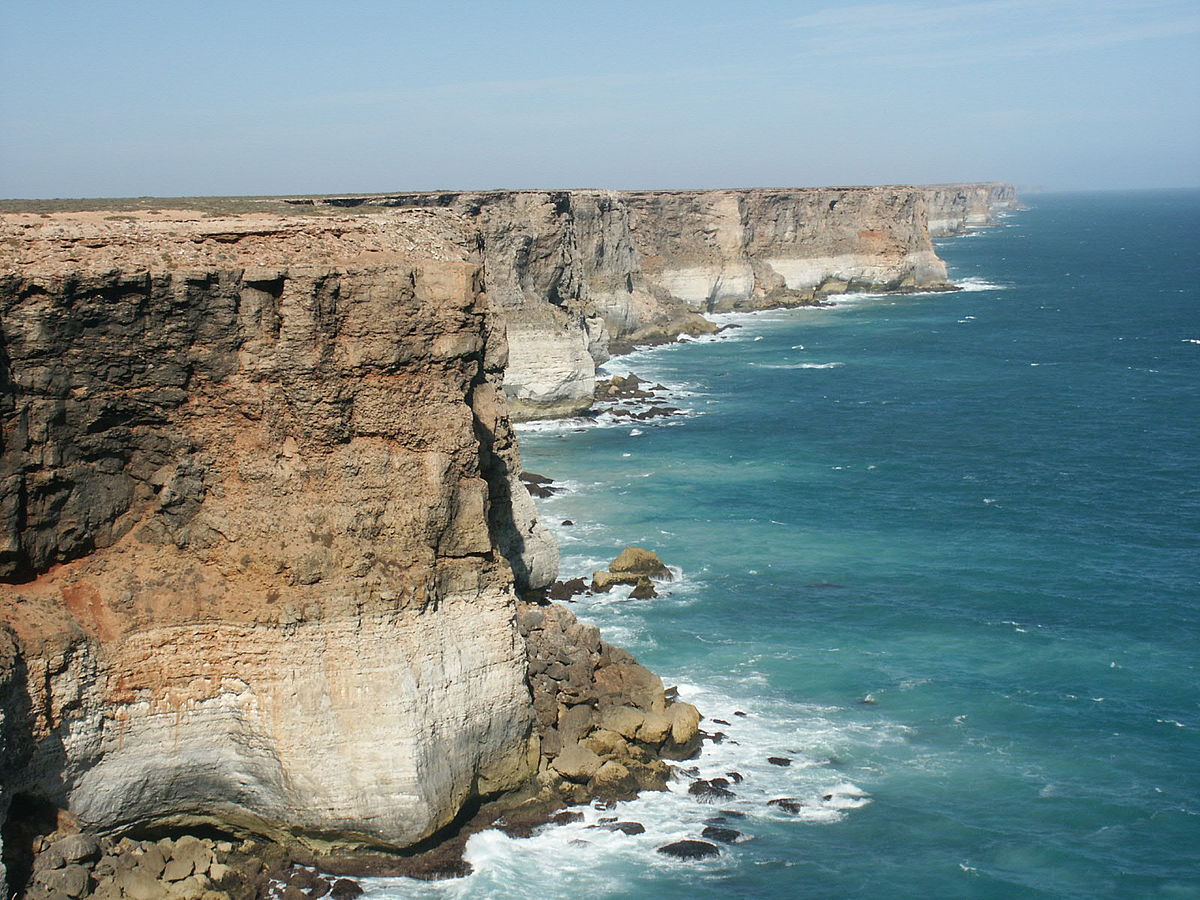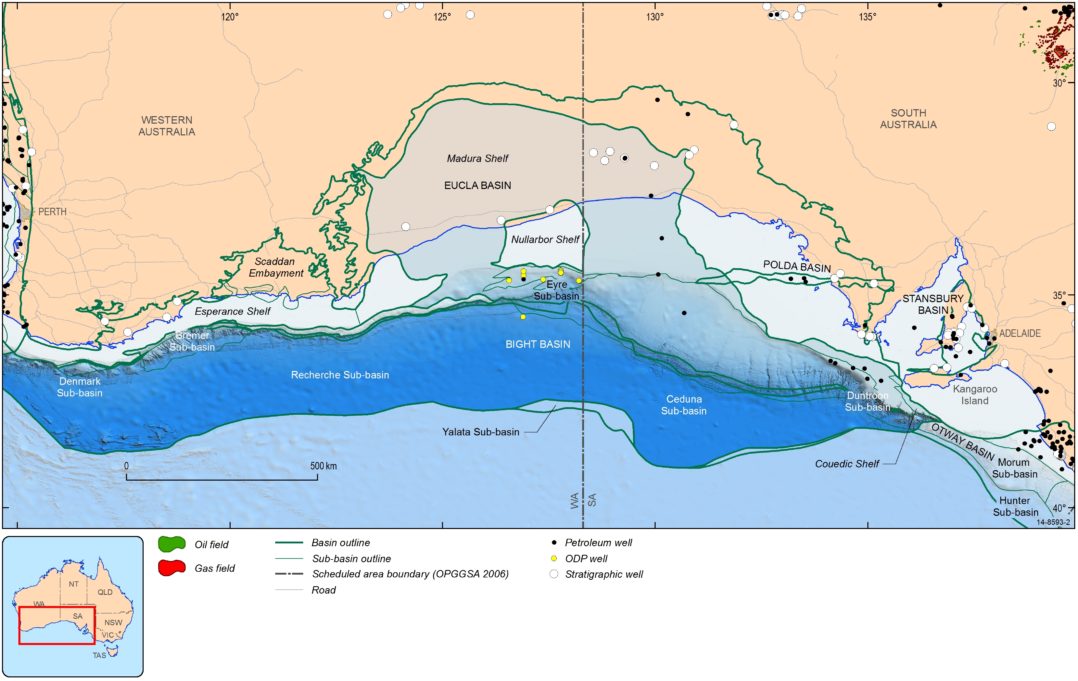Equnior’s decision to withdraw its plans to drill for oil in the Great Australian Bight has been attributed to increasing carbon-related constraints in Europe.
That is the view of EnergyQuest CEO Dr Graeme Bethune, an energy analysis and strategist, who described the decision as “disappointing for Australia and South Australia”.
Carbon reduction targets
“In our view, the decision is likely to have been driven by stronger carbon reduction targets of the European oil companies,” Dr Bethune said.

“Earlier this month, Equinor announced it would include Scope 3 in its emission reduction target (50% cut in net carbon intensity by 2050). Carbon costs are starting to bite and the European companies appear to be setting higher hurdles for oil projects (the Bight was definitely an oil target, not gas) than gas,” he added.
“For example, OMV sold out of Tui in NZ in the past quarter because it said it was shifting away from oil. Repsol in December announced a US$5.3 billion write down, reflecting lower values it sees for oil and gas, and said it would redirect investment into renewables.
“It has set a net zero target by 2050, and BP has since followed. Repsol didn’t appear to single out oil, but the logical conclusion is oil would be at the top of the reject list because of its higher carbon intensity.
“This is another example of European influence on investment globally, similarly to the decisions by the European Investment Bank to no longer invest in fossil fuel projects in developing countries and the decision by the Swedish Central Bank to no longer invest in bonds issued by the Alberta, Queensland or West Australian governments.”





